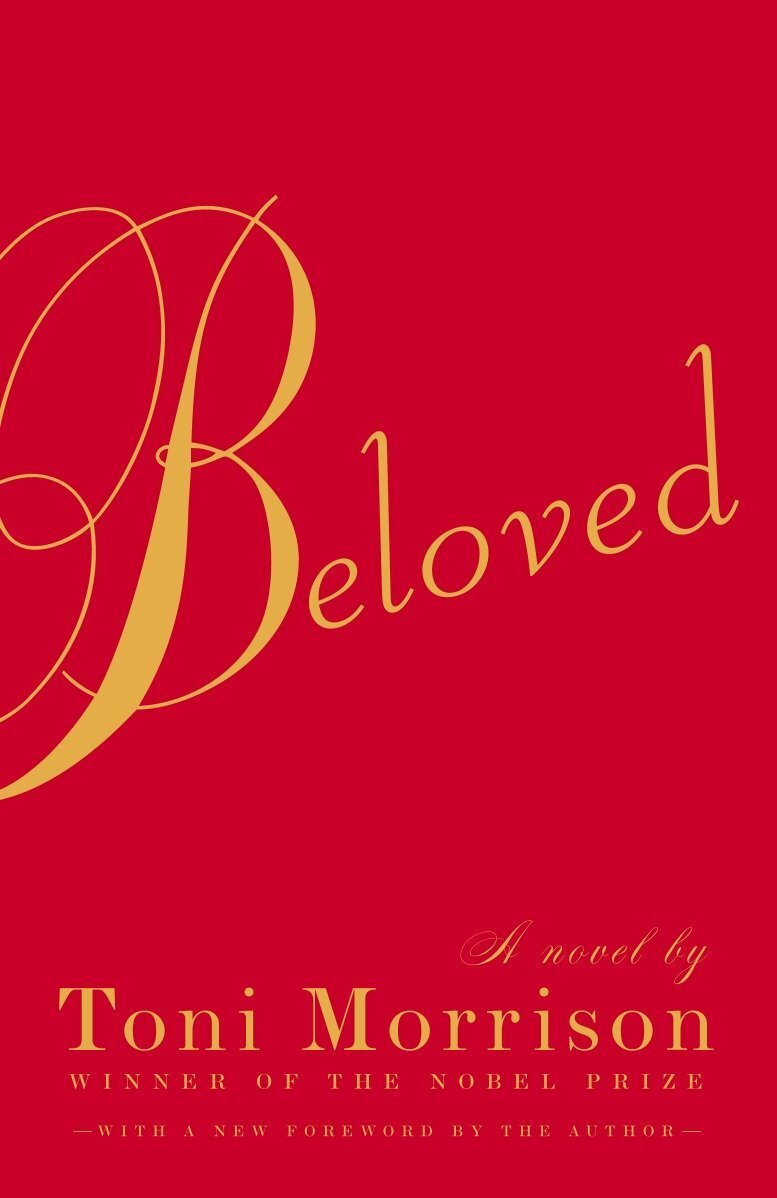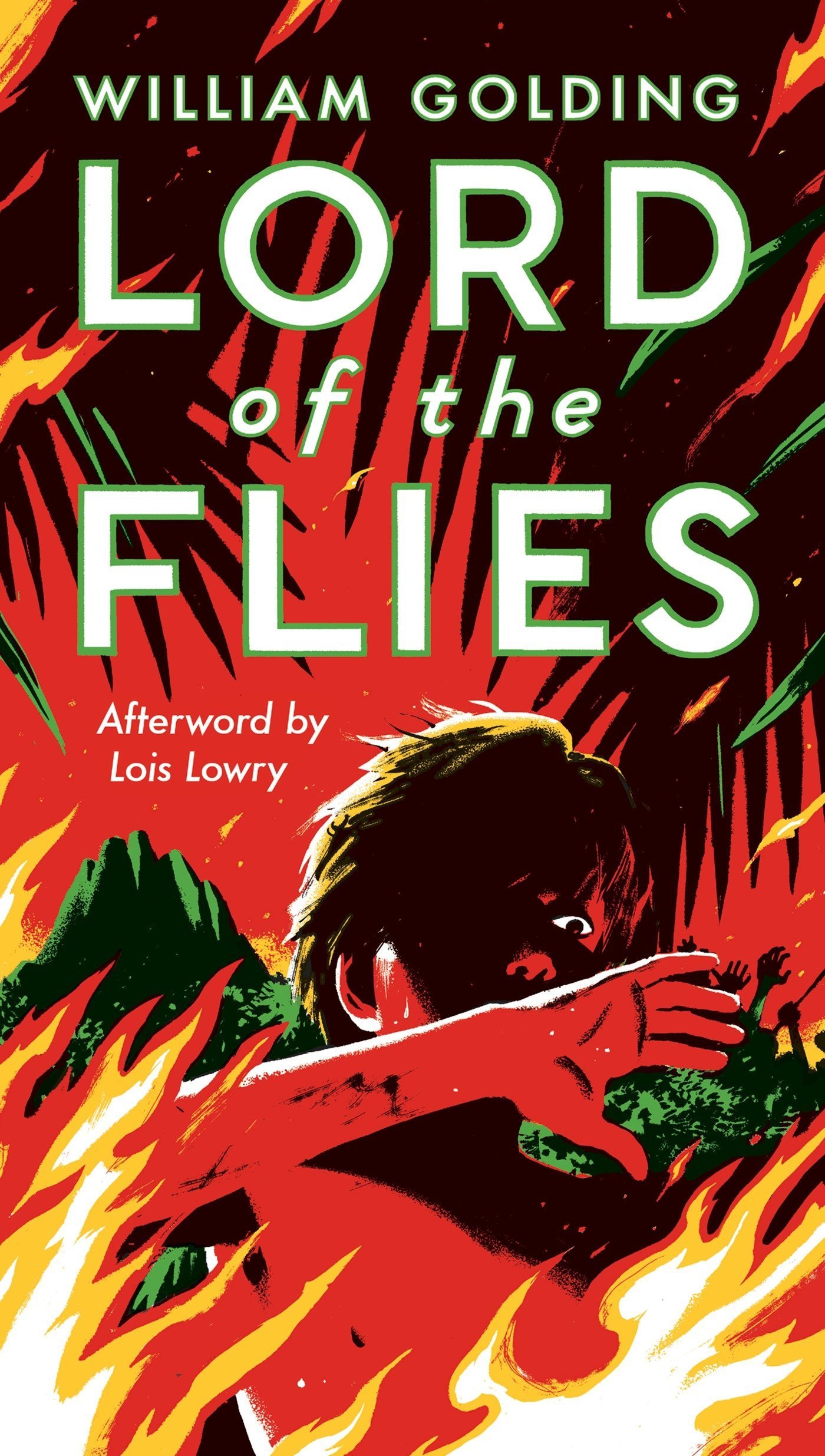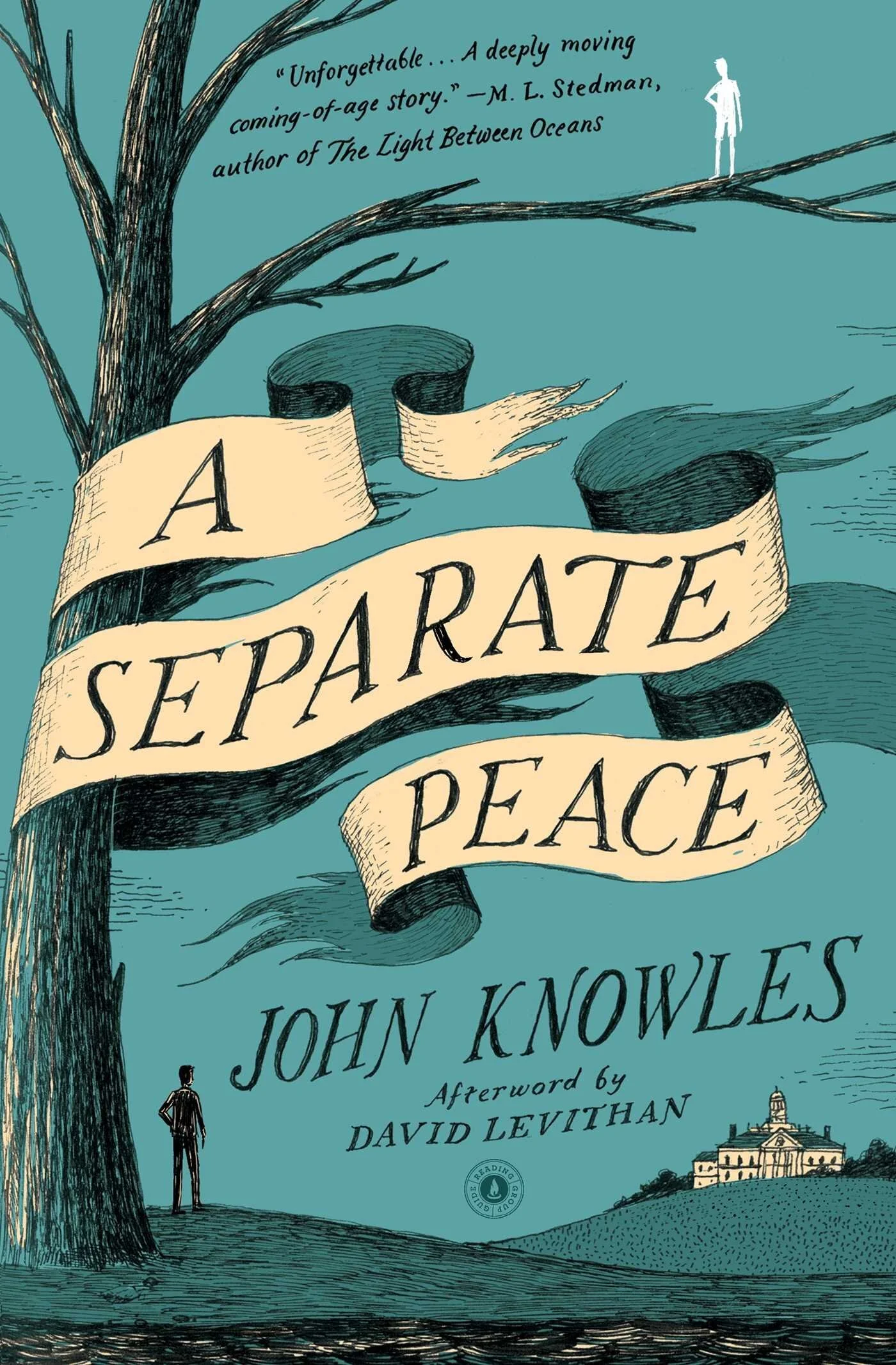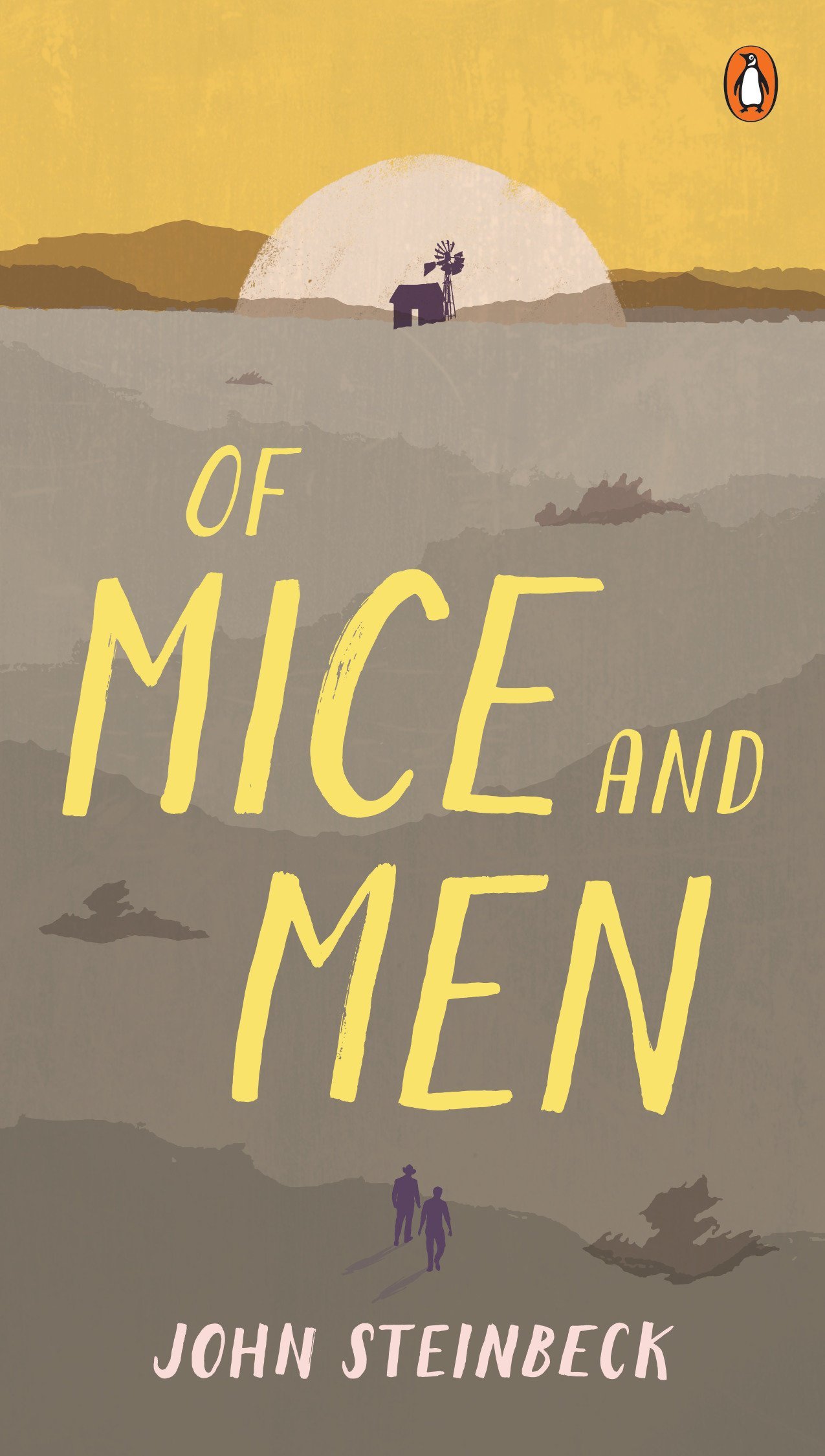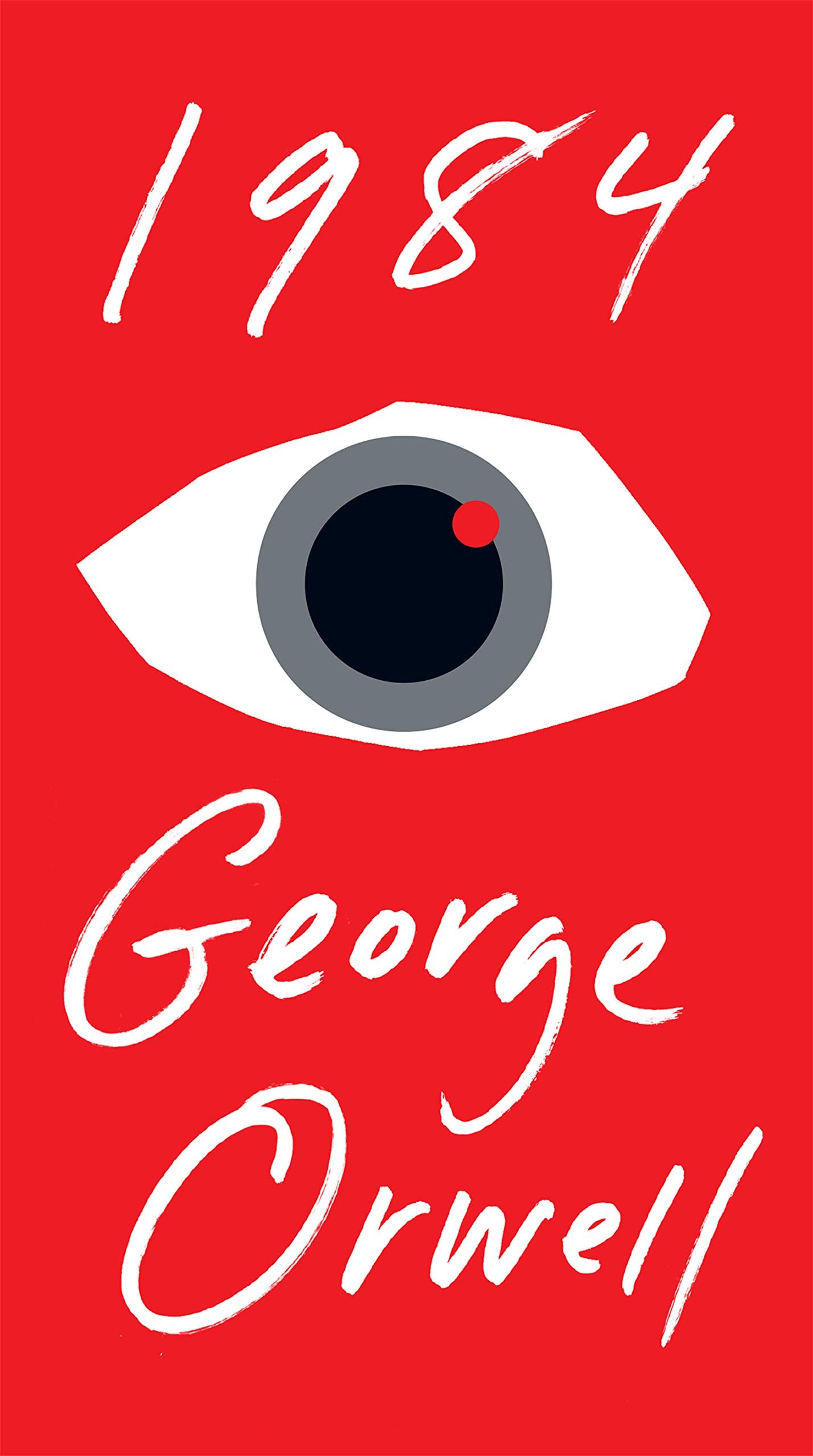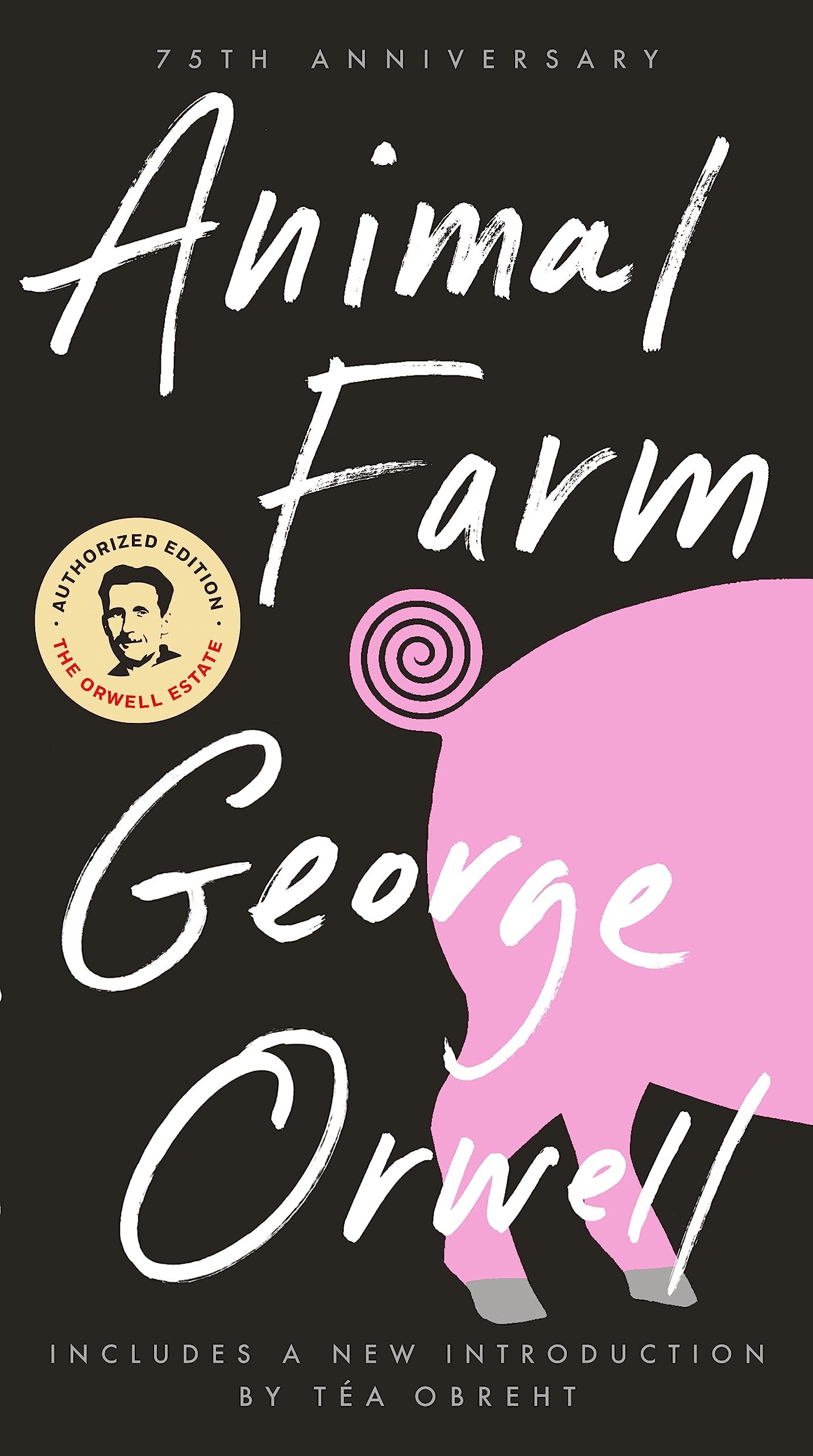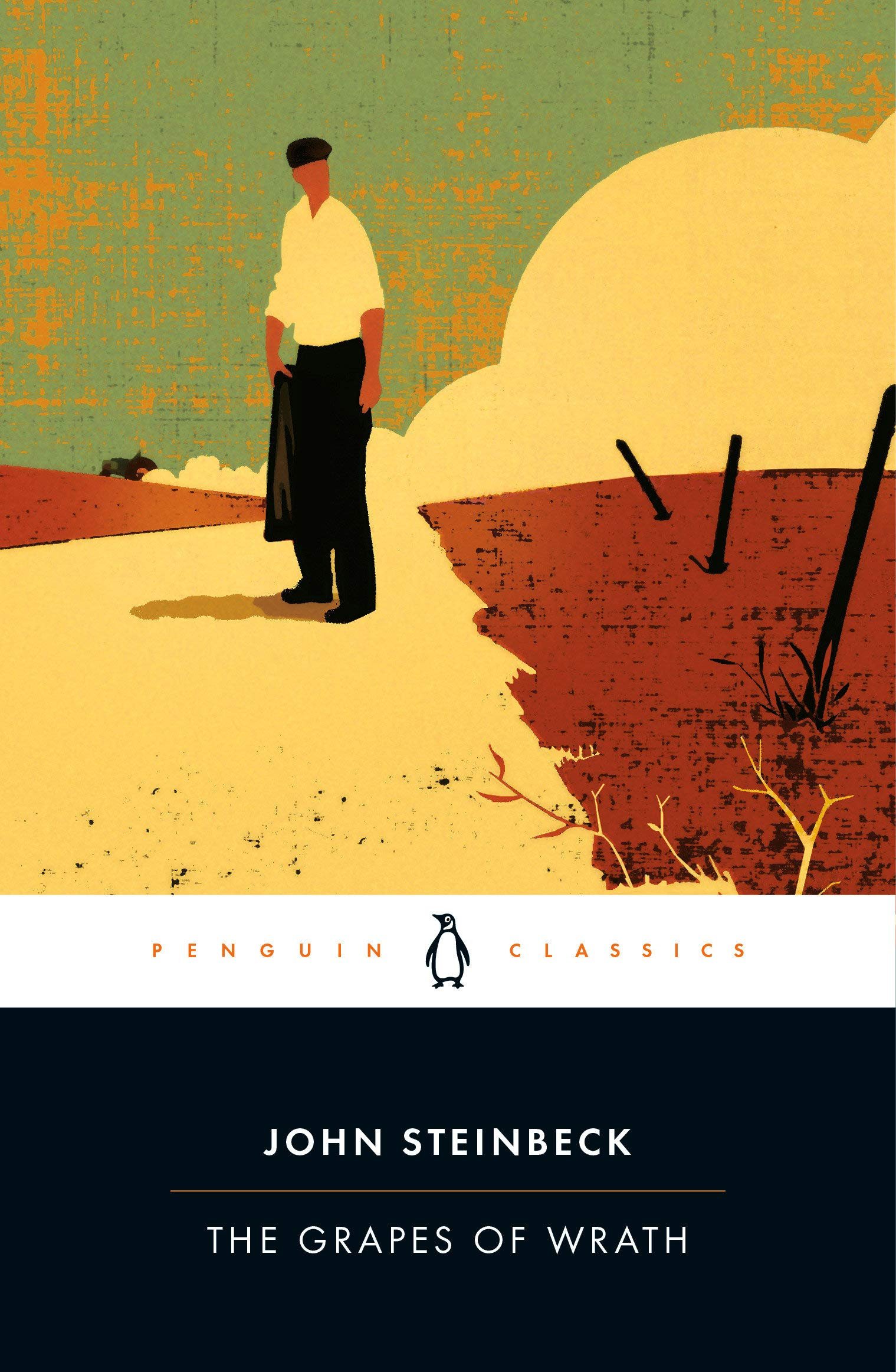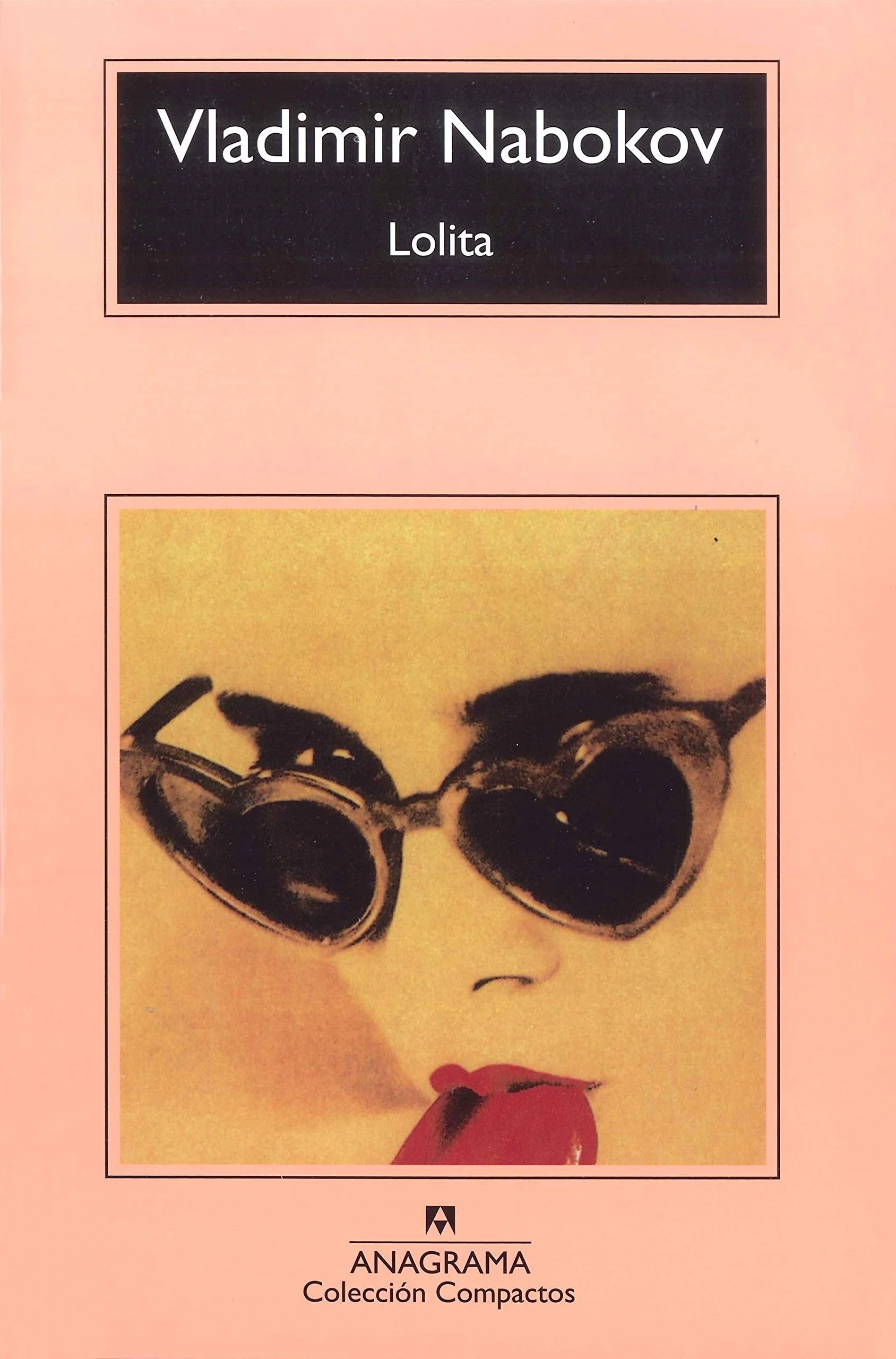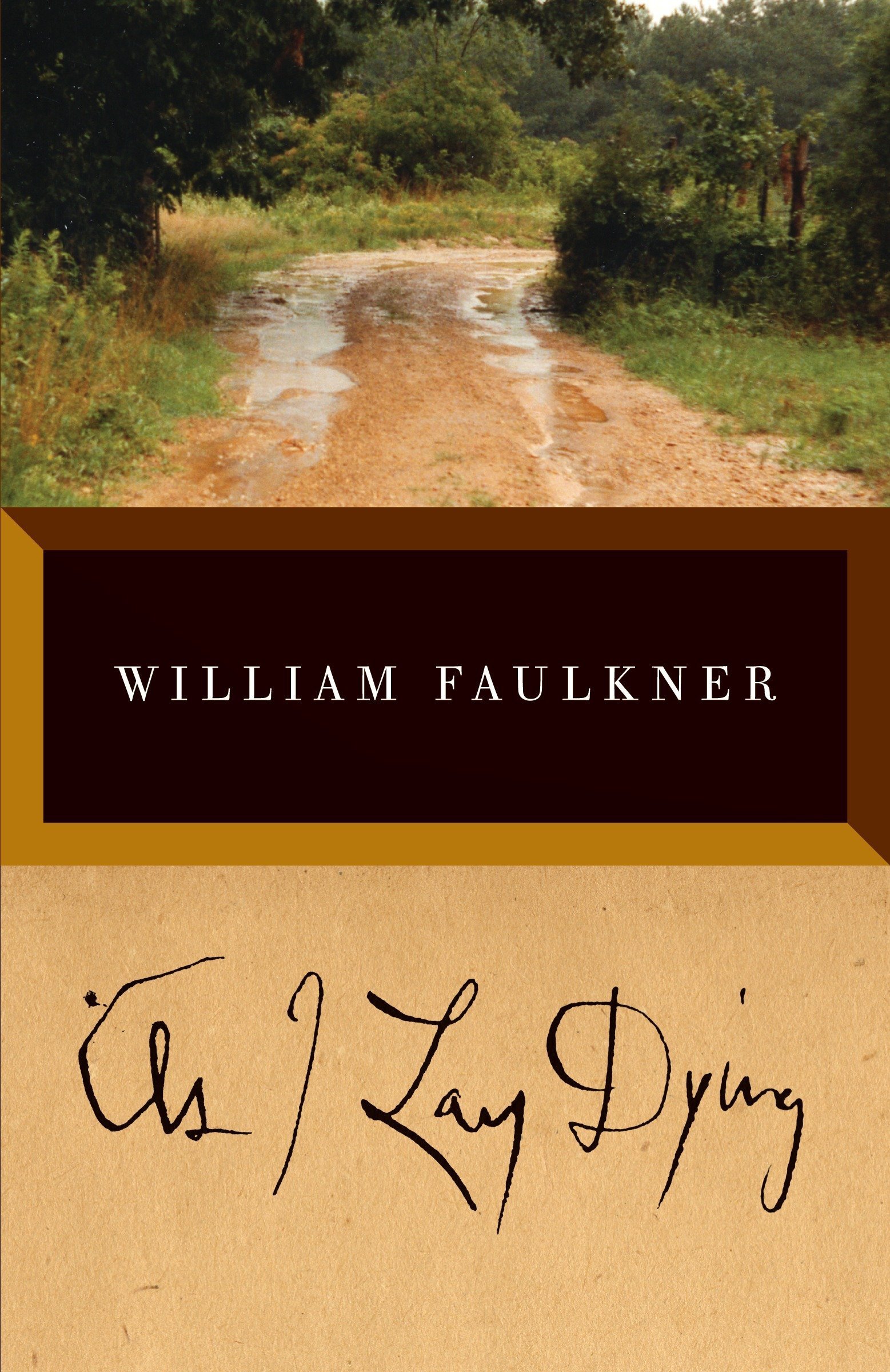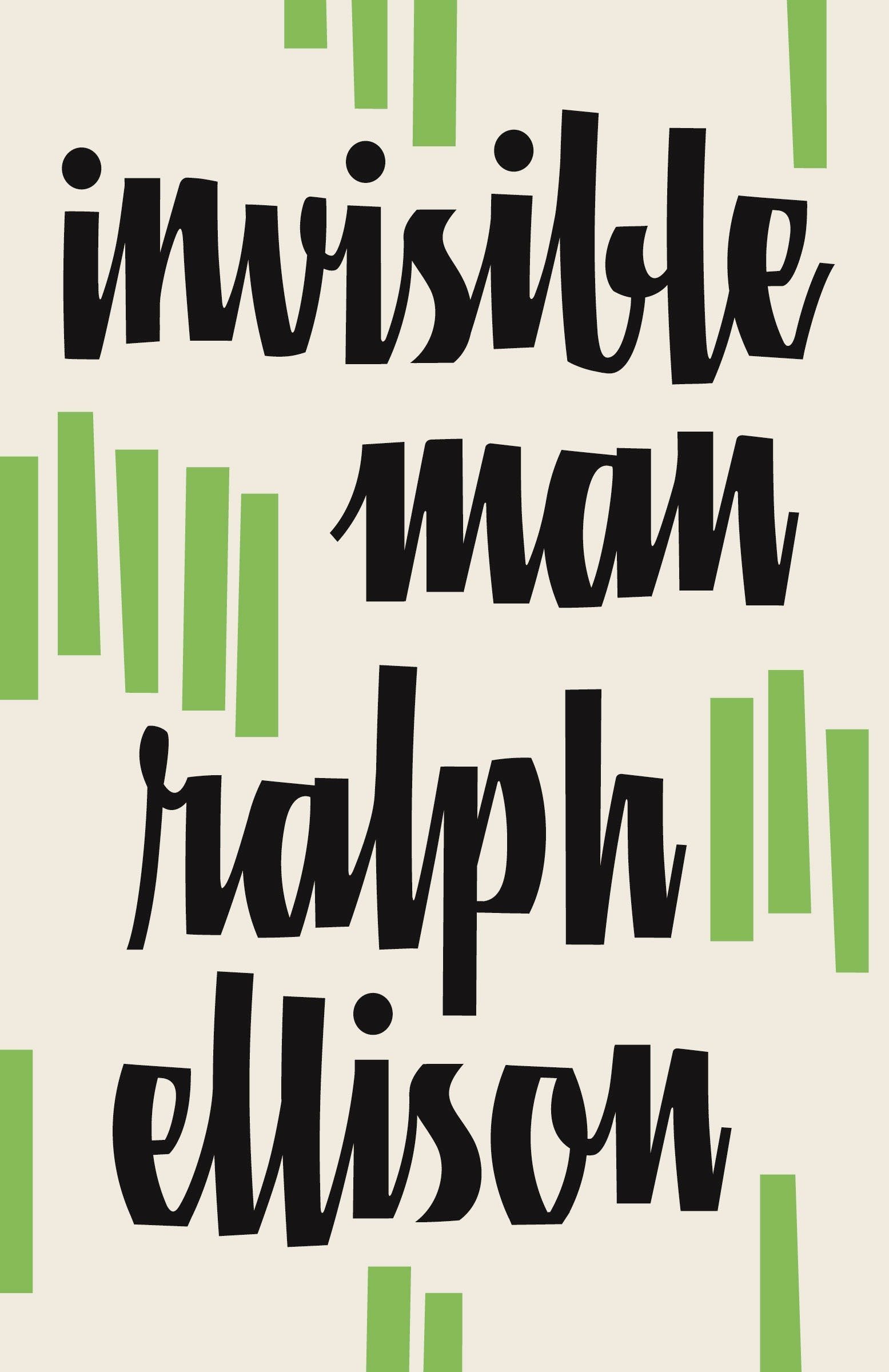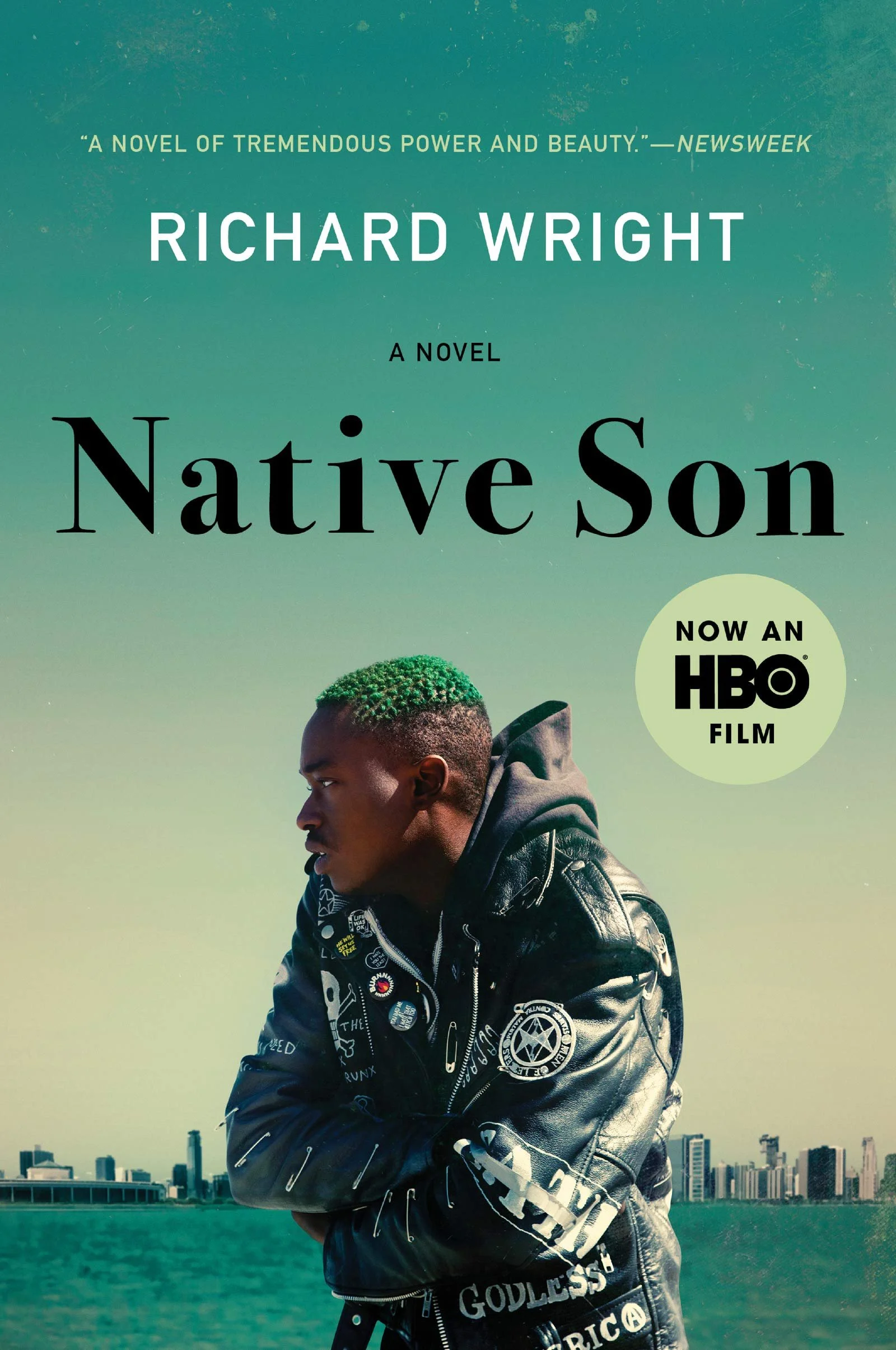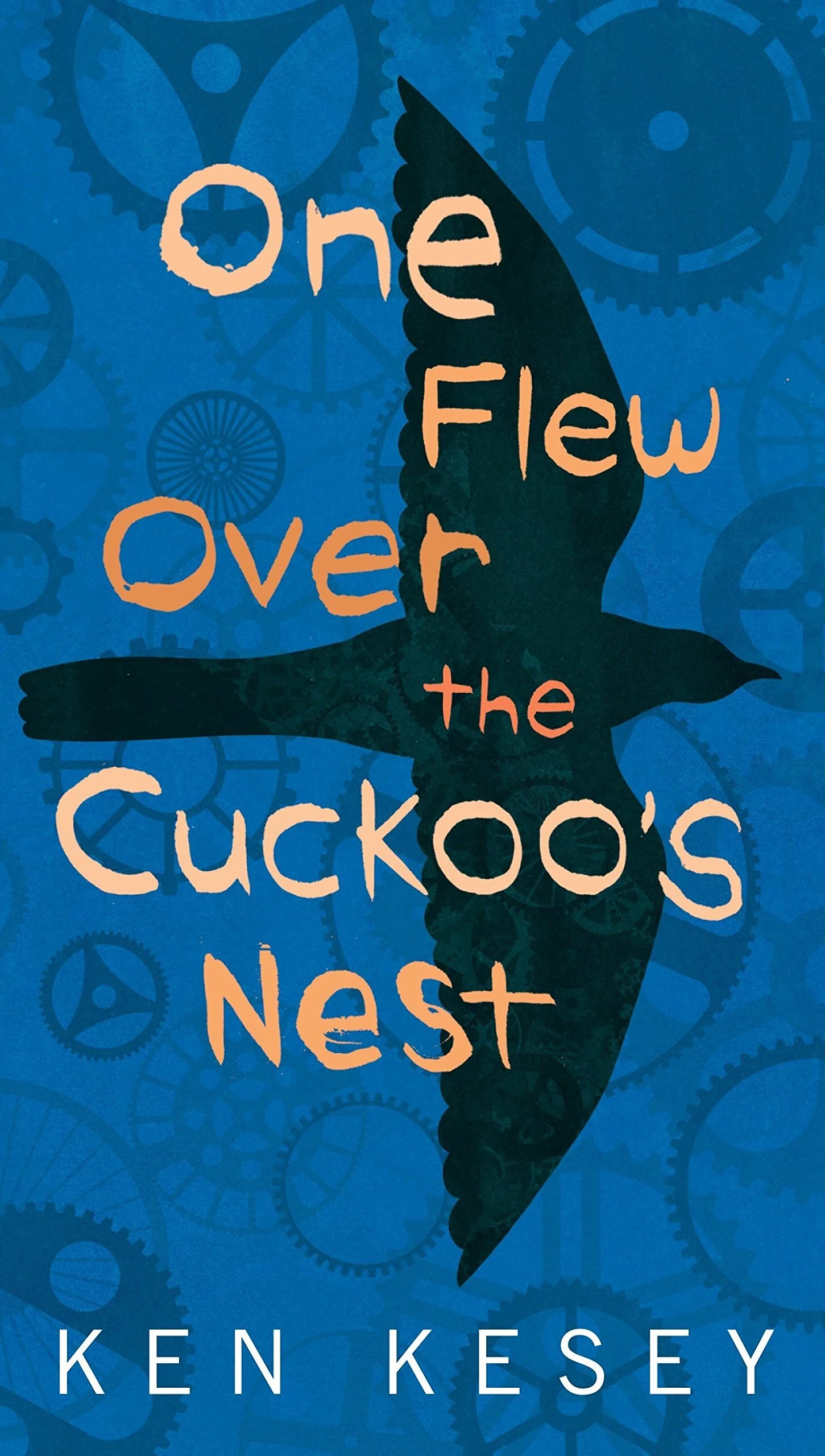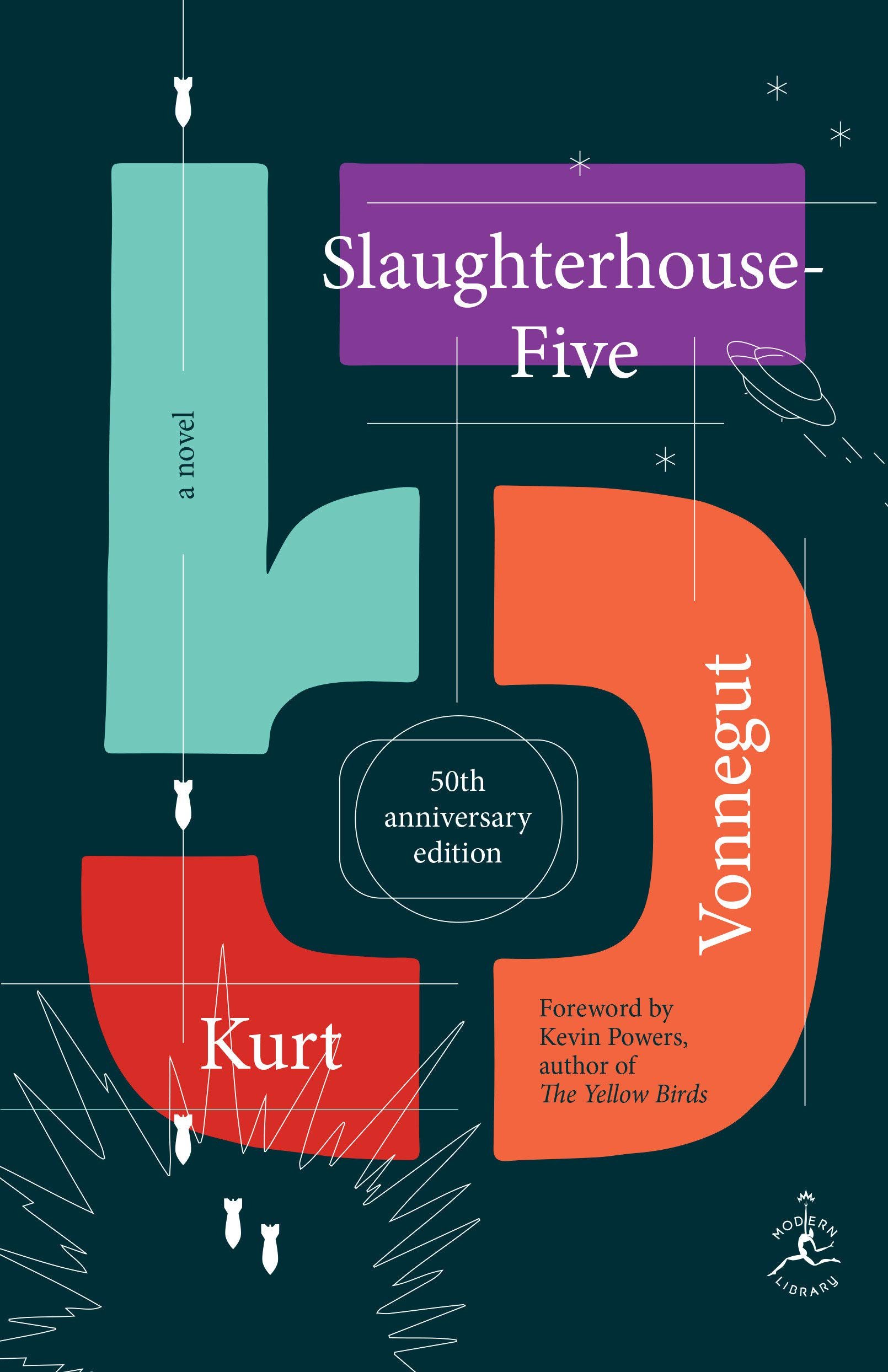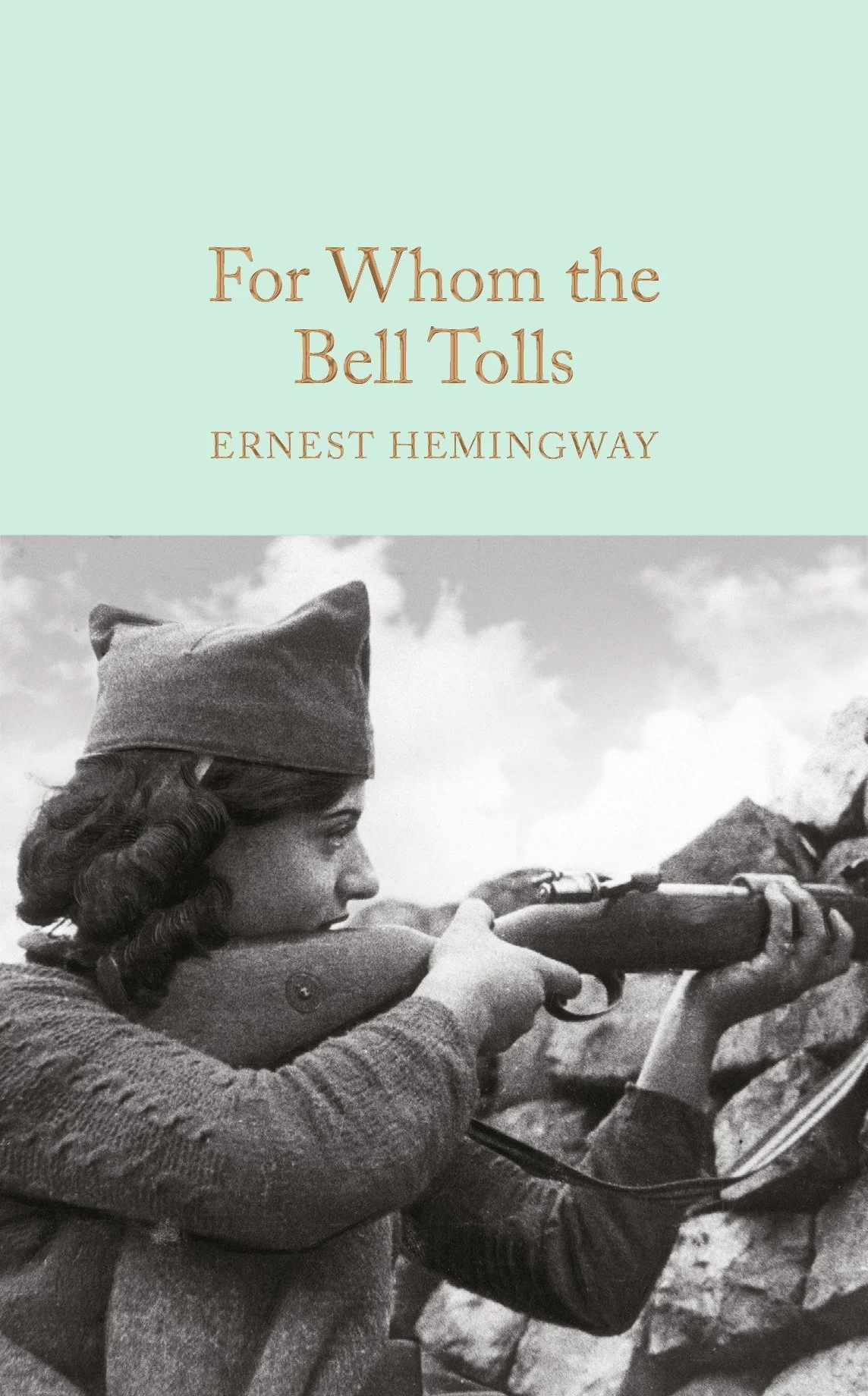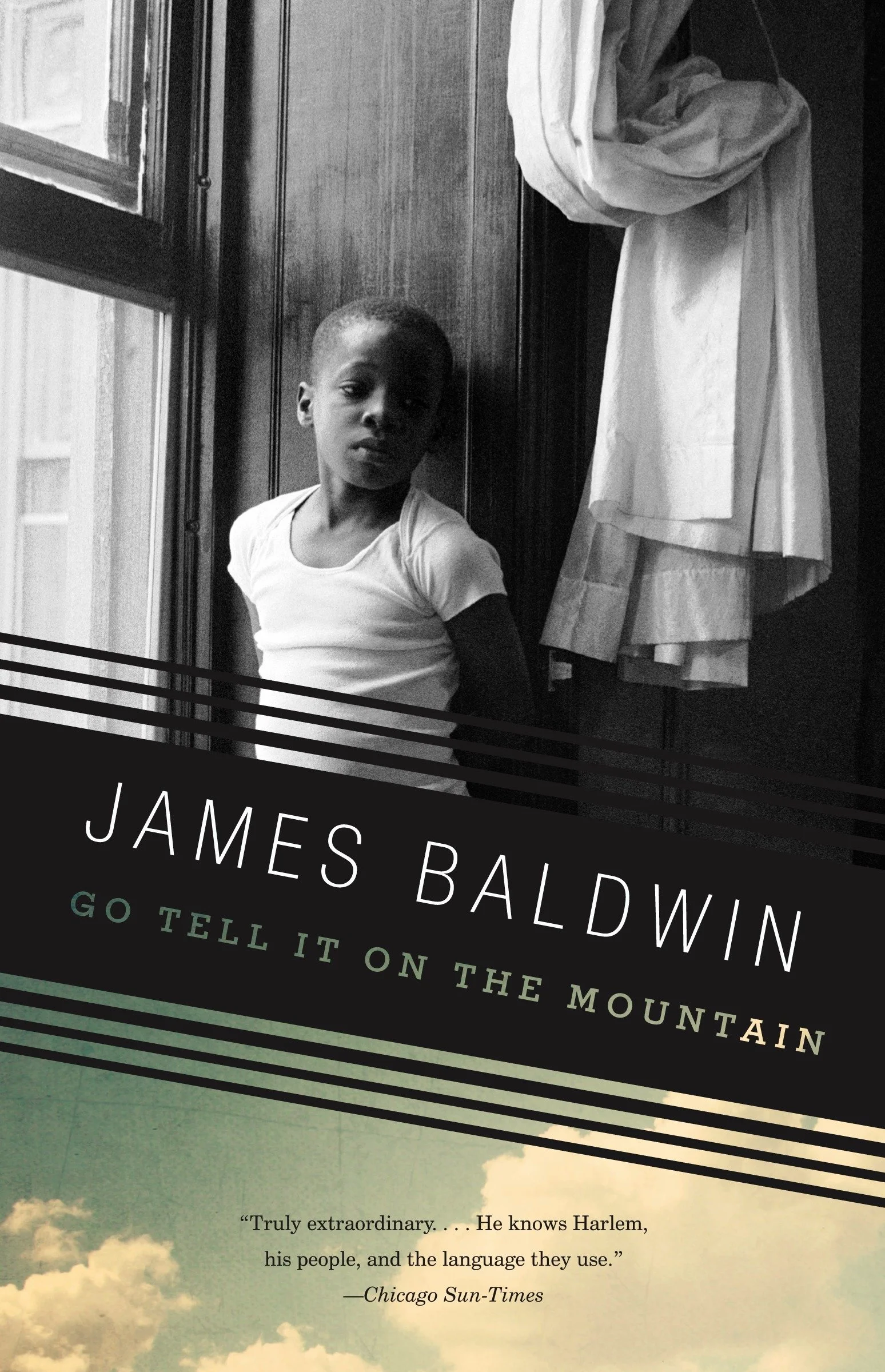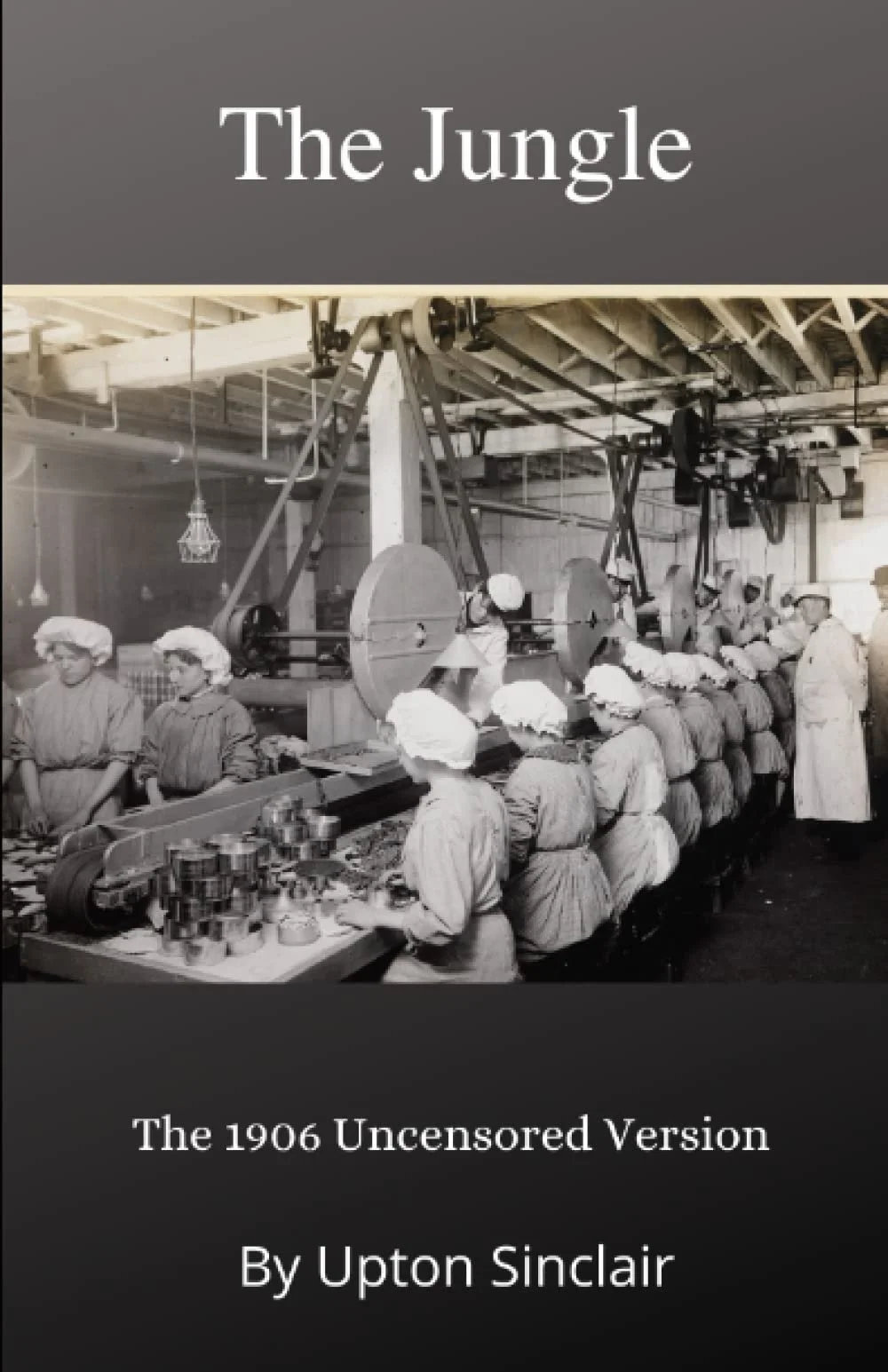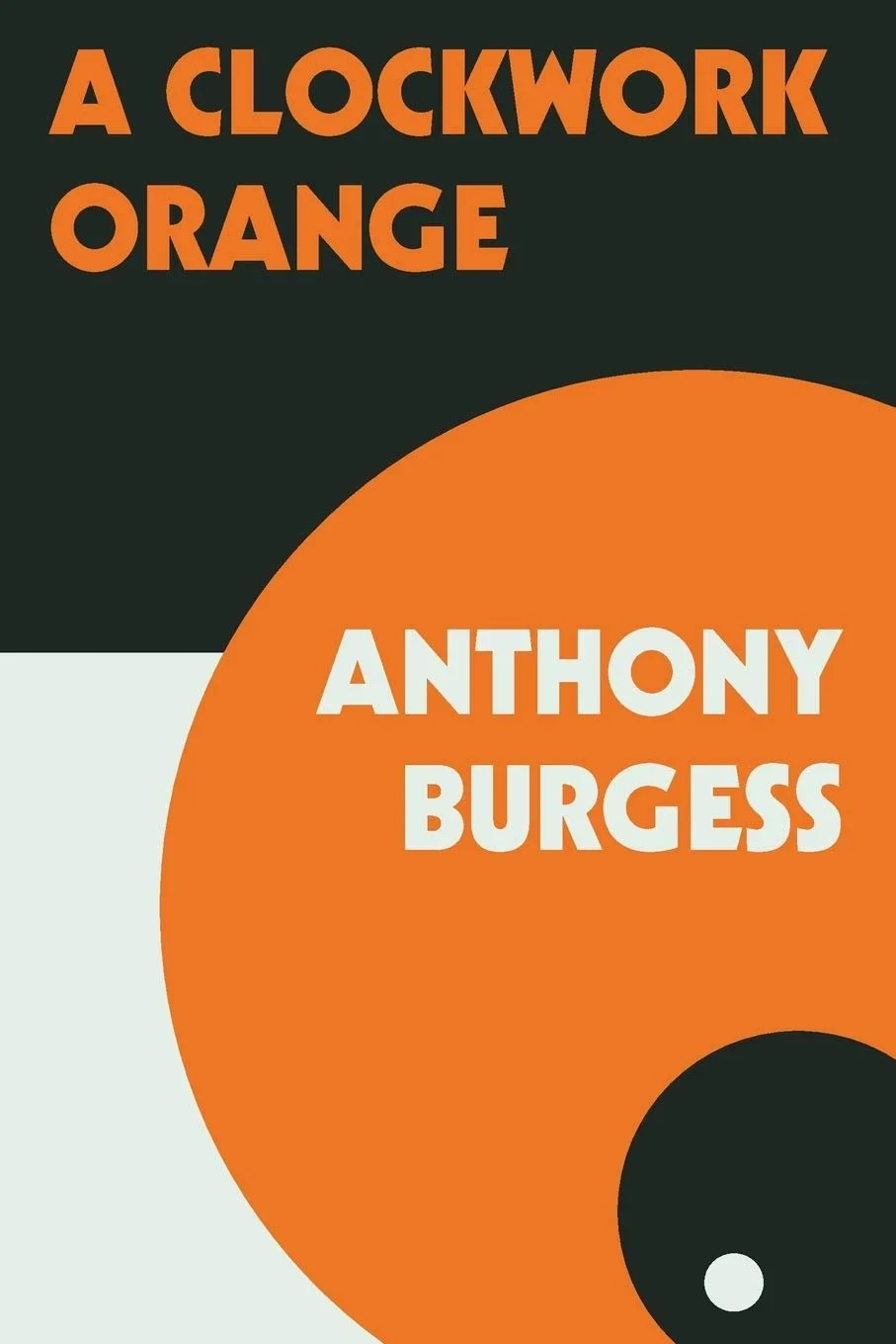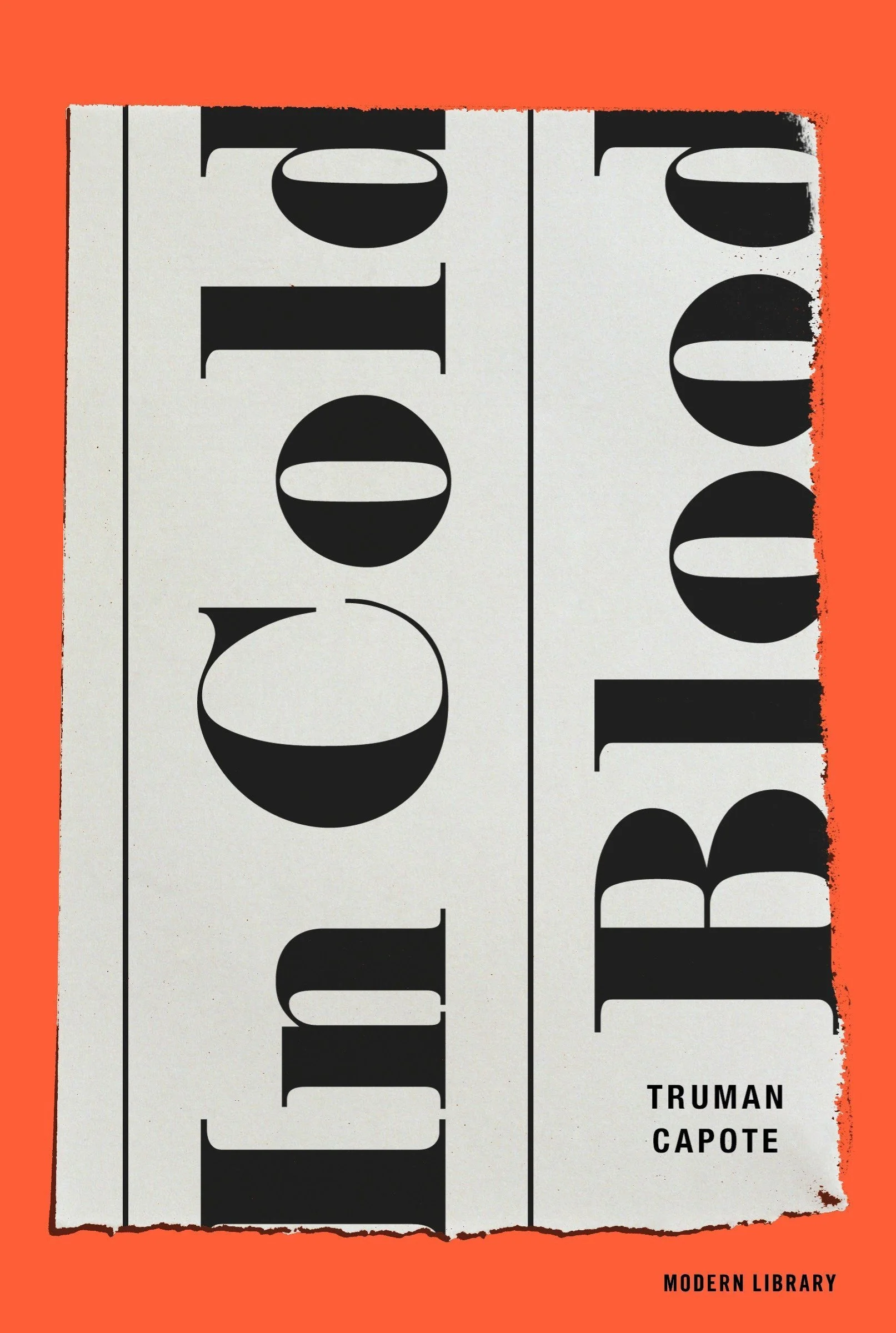Classic Banned Books
List of Banned Classic Books
I want to note that I do not get paid to do these posts, I just love authors and the book industry. However, they do take time and energy to create. If you want to donate a few dollars to my coffee fund, which keeps this blog going, you can do so here: https://venmo.com/AshleyHasty or here: http://paypal.me/hastybooklist.
Banned Books Week is an annual event that celebrates the freedom to read and brings attention to the ongoing issue of censorship in literature. It typically occurs during the last week of September and is observed by libraries, schools, and bookstores across the country. Banned Books Week highlights the importance of intellectual freedom and encourages readers to explore a variety of perspectives and ideas. It also serves as a reminder that many important and influential books have been challenged or banned throughout history. By celebrating and promoting banned books, we can defend the right to free expression and promote a more inclusive and diverse society.
Banning books is a controversial topic that has been around for centuries. Some people believe that banning books is necessary to protect readers from harmful or offensive content, while others argue that banning books is a violation of freedom of expression and can be detrimental to intellectual growth. It's interesting to see how the reasons for banning books have changed over time. Some books were banned for political reasons, while others were banned for religious or moral reasons. It's also fascinating to see how some books are banned in certain places but not in others. For example, Mark Twain's "The Adventures of Huckleberry Finn" is often banned in schools in the United States, but it is not banned in other countries. Banning books is not the answer.
Why? Banning books can limit people's exposure to different perspectives and ideas. Literature plays an essential role in helping people understand the world around them. By banning books, we are preventing people from accessing diverse opinions and experiences, which can lead to a narrow-minded and intolerant worldview.
Secondly, banning books is a form of censorship that can have significant consequences. When we prevent people from reading certain books, we are essentially limiting their freedom of thought and expression. This can have a chilling effect on society, as people may be afraid to express their opinions or ideas for fear of being censored.
Finally, banning books can be counterproductive. When we ban books, we often draw more attention to them, which can result in more people reading them. Additionally, banning books can create a sense of intrigue and curiosity, which can lead people to seek out the very books that have been banned.
Banning books is not the answer. Instead, we should encourage open-mindedness and critical thinking, and trust readers to make their own decisions about what they choose to read. By doing so, we can create a society that values diversity, intellectual freedom, and the power of literature to help us better understand ourselves and the world around us.
Even today, there are people who are actively trying to get certain books banned. Some of the most frequently challenged books include "To Kill a Mockingbird" by Harper Lee, "The Catcher in the Rye" by J.D. Salinger, and "The Great Gatsby" by F. Scott Fitzgerald. Many of these books are considered classics and are widely read in schools and universities around the world.
Despite being banned, these books have remained popular and have continued to be read by many. In fact, being banned often brings more attention to a book and can increase its popularity. It's important to remember that everyone has the right to read what they choose, and censorship of any kind is a violation of that right.
For more on banned books, I recommend this podcast:
Classic Banned Books
Do you recognize any of these titles from your English class? Were any of these titles challenged or read in your school district?
If you are looking to purchase one of these classic banned books locally, I bet any one of these Chicago Bookstores would love to help you.
The Great Gatsby by F. Scott Fitzgerald
A youthful romance Fitzgerald had with socialite Ginevra King, and the riotous parties he attended on Long Island's North Shore in 1922 inspired the novel. Following a move to the French Riviera, he completed a rough draft in 1924. He submitted the draft to editor Maxwell Perkins, who persuaded Fitzgerald to revise the work over the following winter. After his revisions, Fitzgerald was satisfied with the text, but remained ambivalent about the book's title and considered several alternatives. The final title he desired was Under the Red, White, and Blue. Painter Francis Cugat's final cover design impressed Fitzgerald who incorporated a visual element from the art into the novel.
First challenged in 1987
Reason for ban: language and sexual references
To Kill a Mockingbird by Harper Lee
One of the most cherished stories of all time, To Kill a Mockingbird has been translated into more than forty languages, sold more than forty million copies worldwide, served as the basis for an enormously popular motion picture, and was voted one of the best novels of the twentieth century by librarians across the country. A gripping, heart-wrenching, and wholly remarkable tale of coming-of-age in a South poisoned by virulent prejudice, it views a world of great beauty and savage inequities through the eyes of a young girl, as her father—a crusading local lawyer—risks everything to defend a black man unjustly accused of a terrible crime.
First challenged in 1977
Reason for ban: words "damn" and "whore lady" used in the novel.
Beloved by Toni Morrison
Sethe was born a slave and escaped to Ohio, but eighteen years later she is still not free. Sethe has too many memories of Sweet Home, the beautiful farm where so many hideous things happened. And Sethe’s new home is haunted by the ghost of her baby, who died nameless and whose tombstone is engraved with a single word: Beloved.
First challenged in 1995
Reason for ban: the book was too violent
The Color Purple by Alice Walker
A powerful cultural touchstone of modern American literature, The Color Purple depicts the lives of African American women in early twentieth-century rural Georgia. Separated as girls, sisters Celie and Nettie sustain their loyalty to and hope in each other across time, distance and silence. Through a series of letters spanning nearly thirty years, first from Celie to God, then the sisters to each other despite the unknown, the novel draws readers into its rich and memorable portrayals of Celie, Nettie, Shug Avery and Sofia and their experience. The Color Purple broke the silence around domestic and sexual abuse, narrating the lives of women through their pain and struggle, companionship and growth, resilience and bravery. Deeply compassionate and beautifully imagined, Alice Walker's epic carries readers on a spirit-affirming journey towards redemption and love.
First challenged in 1984
Reason for ban: the work's "sexual and social explicitness" and its "troubling ideas about race relations, man's relationship to God, African history, and human sexuality."
The Lord of the Flies by William Golding
At the dawn of the next world war, a plane crashes on an uncharted island, stranding a group of schoolboys. At first, with no adult supervision, their freedom is something to celebrate. This far from civilization they can do anything they want. Anything. But as order collapses, as strange howls echo in the night, as terror begins its reign, the hope of adventure seems as far removed from reality as the hope of being rescued.
First challenged in 1974
Reason for ban: the book is "demoralizing inasmuch as it implies that man is little more than an animal."
A Separate Peace by John Knowles
Set at a boys' boarding school in New England during the early years of World War II, A Separate Peace is a harrowing and luminous parable of the dark side of adolescence. Gene is a lonely, introverted intellectual. Phineas is a handsome, taunting, daredevil athlete. What happens between the two friends one summer, like the war itself, banishes the innocence of these boys and their world.
First challenged in 1980
Reason for ban: described as a "filthy, trashy sex novel."
The Catcher in the Rye by JD Salinger
Through circumstances that tend to preclude adult, secondhand description, he leaves his prep school in Pennsylvania and goes underground in New York City for three days. The boy himself is at once too simple and too complex for us to make any final comment about him or his story. Perhaps the safest thing we can say about Holden is that he was born in the world not just strongly attracted to beauty but, almost, hopelessly impaled on it.
First challenged in 1960
Reason for ban: for being "anti-white" and "obscene."
Of Mice and Men by John Steinbeck
They are an unlikely pair: George is "small and quick and dark of face"; Lennie, a man of tremendous size, has the mind of a young child. Yet they have formed a "family," clinging together in the face of loneliness and alienation.
Laborers in California's dusty vegetable fields, they hustle work when they can, living a hand-to-mouth existence. For George and Lennie have a plan: to own an acre of land and a shack they can call their own. When they land jobs on a ranch in the Salinas Valley, the fulfillment of their dream seems to be within their grasp. But even George cannot guard Lennie from the provocations of a flirtatious woman, nor predict the consequences of Lennie's unswerving obedience to the things George taught him.
First challenged in 1953
Reason for ban: "profanity and using God's name in vain."
Brave New World by Aldous Huxley
Aldous Huxley's profoundly important classic of world literature, Brave New World is a searching vision of an unequal, technologically-advanced future where humans are genetically bred, socially indoctrinated, and pharmaceutically anesthetized to passively uphold an authoritarian ruling order–all at the cost of our freedom, full humanity, and perhaps also our souls. “A genius [who] who spent his life decrying the onward march of the Machine” (The New Yorker), Huxley was a man of incomparable talents: equally an artist, a spiritual seeker, and one of history’s keenest observers of human nature and civilization. Brave New World, his masterpiece, has enthralled and terrified millions of readers, and retains its urgent relevance to this day as both a warning to be heeded as we head into tomorrow and as thought-provoking, satisfying work of literature. Written in the shadow of the rise of fascism during the 1930s, Brave New World likewise speaks to a 21st-century world dominated by mass-entertainment, technology, medicine and pharmaceuticals, the arts of persuasion, and the hidden influence of elites.
First challenged in 1932
Reason for ban: it makes promiscuous sex "look like fun."
A Farewell to Arms by Ernest Hemingway
In the late summer of that year we lived in a house in a village that looked across the river and the plain to the mountains. In the bed of the river there were peb bles and boulders, dry and white in the sun, and the water was clear and swiftly moving and blue in the channels. Troops went by the house and down the road and the dust they raised powdered the leaves of the trees. The trunks of the trees too were dusty and the leaves fell early that year and we saw the troops march ing along the road and the dust rising and leaves, stirred by the breeze, falling and the soldiers marching and afterward the road bare and white except for the leaves. The plain was rich with crops; there were many orchards of fruit trees and beyond the plain the moun tains were brown and bare. There was fighting in' the mountains and at night we could see the ?ashes from the artillery. In the dark it was like summer lightning, but the nights were cool and there was not the feeling of a storm coming.
First challenged in 1929
Reason for ban: its painfully accurate account of the Italian retreat from Caporetto, Italy.
1984 by George Orwell
Winston Smith toes the Party line, rewriting history to satisfy the demands of the Ministry of Truth. With each lie he writes, Winston grows to hate the Party that seeks power for its own sake and persecutes those who dare to commit thoughtcrimes. But as he starts to think for himself, Winston can’t escape the fact that Big Brother is always watching...
First challenged in 1981
Reason for ban: novel is "pro-communist and contained explicit sexual matter."
Their Eyes Were Watching God by Zora Neale Hurston
One of the most important and enduring books of the twentieth century, Their Eyes Were Watching God brings to life a Southern love story with the wit and pathos found only in the writing of Zora Neale Hurston. Out of print for almost thirty years—due largely to initial audiences’ rejection of its strong black female protagonist—Hurston’s classic has since its 1978 reissue become perhaps the most widely read and highly acclaimed novel in the canon of African-American literature.
First challenged in 1997
Reason for ban: A parent objected to the novel's language and sexual explicitness.
Animal Farm by George Orwell
A farm is taken over by its overworked, mistreated animals. With flaming idealism and stirring slogans, they set out to create a paradise of progress, justice, and equality. Thus the stage is set for one of the most telling satiric fables ever penned—a razor-edged fairy tale for grown-ups that records the evolution from revolution against tyranny to a totalitarianism just as terrible.
First challenged in 1963
Reason for ban: objection to the words "masses will revolt."
The Grapes of Wrath by John Steinbeck
First published in 1939, Steinbeck’s Pulitzer Prize-winning epic of the Great Depression chronicles the Dust Bowl migration of the 1930s and tells the story of one Oklahoma farm family, the Joads—driven from their homestead and forced to travel west to the promised land of California. Out of their trials and their repeated collisions against the hard realities of an America divided into Haves and Have-Nots evolves a drama that is intensely human yet majestic in its scale and moral vision, elemental yet plainspoken, tragic but ultimately stirring in its human dignity. A portrait of the conflict between the powerful and the powerless, of one man’s fierce reaction to injustice, and of one woman’s stoical strength, the novel captures the horrors of the Great Depression and probes into the very nature of equality and justice in America. At once a naturalistic epic, captivity narrative, road novel, and transcendental gospel, Steinbeck’s powerful landmark novel is perhaps the most American of American Classics.
First challenged in 1939
Reason for ban: that "vulgar words" were used
Lolita by Vladimir Nabokov
Lolita is also the story of a hypercivilized European colliding with the cheerful barbarism of postwar America, but most of all, it is a meditation on love–love as outrage and hallucination, madness and transformation.
First challenged in 1956
Reason for ban: addresses the themes of pedophilia and incest
Catch-22 by Joseph Heller
Set in Italy during World War II, this is the story of the incomparable, malingering bombardier, Yossarian, a hero who is furious because thousands of people he has never met are trying to kill him. But his real problem is not the enemy—it is his own army, which keeps increasing the number of missions the men must fly to complete their service. Yet if Yossarian makes any attempt to excuse himself from the perilous missions he’s assigned, he’ll be in violation of Catch-22, a hilariously sinister bureaucratic rule: a man is considered insane if he willingly continues to fly dangerous combat missions, but if he makes a formal request to be removed from duty, he is proven sane and therefore ineligible to be relieved.
First challenged in 1972
Reason for ban: references to women as "whores."
As I Lay Dying by William Faulkner
As I Lay Dying is one of the most influential novels in American fiction in structure, style, and drama. Narrated in turn by each of the family members, including Addie herself as well as others, the novel ranges in mood from dark comedy to the deepest pathos.
First challenged in 1986
Reason for ban: it contains "offensive and obscene passages referring to abortion and used God's name in vain."
Invisible Man by Ralph Ellison
He describes growing up in a Black community in the South, attending a Negro college from which he is expelled, moving to New York and becoming the chief spokesman of the Harlem branch of "the Brotherhood," before retreating amid violence and confusion.
First challenged in 1975
Reason for ban: profanity and images of violence and sexuality in the book
Song of Solomon by Toni Morrison
Milkman Dead was born shortly after a neighborhood eccentric hurled himself off a rooftop in a vain attempt at flight. For the rest of his life he, too, will be trying to fly. As Morrison follows Milkman from his rustbelt city to the place of his family’s origins, she introduces an entire cast of strivers and seeresses, liars and assassins, the inhabitants of a fully realized Black world.
First challenged in 1993
Reason for ban: contains language degrading to blacks, and is sexually explicit
Gone with the Wind by Margaret Mitchell
This is the tale of Scarlett O’Hara, the spoiled, manipulative daughter of a wealthy plantation owner, who arrives at young womanhood just in time to see the Civil War forever change her way of life. A sweeping story of tangled passion and courage, in the pages of Gone With the Wind, Margaret Mitchell brings to life the unforgettable characters that have captivated readers for decades.
First challenged in 1978
Reason for ban: the novel uses the n-word
Native Son by Richard Wright
Set in Chicago in the 1930s, Native Son is the story of Bigger Thomas, a young Black man caught in a downward spiral after killing a young white woman in a brief moment of panic. Written with the distinctive rhythm of a modern crime story, this formidable work is both a condemnation of social injustice and an unsparing portrait of the Black experience in America, revealing the tragic effect of poverty, racism, and hopelessness on the human spirit. "I wrote Native Son to show what manner of men and women our 'society of the majority' breeds, and my aim was to depict a character in terms of thw living tissue and texture of daily consciousness," Wright explained.
First challenged in 1978
Reason for ban: "violence, sex, and profanity."
One Flew Over the Cuckoo's Nest by Ken Kesey
In this classic novel, Ken Kesey’s hero is Randle Patrick McMurphy, a boisterous, brawling, fun-loving rebel who swaggers into the world of a mental hospital and takes over. A lusty, life-affirming fighter, McMurphy rallies the other patients around him by challenging the dictatorship of Nurse Ratched. He promotes gambling in the ward, smuggles in wine and women, and openly defies the rules at every turn. But this defiance, which starts as a sport, soon develops into a grim struggle, an all-out war between two relentless opponents: Nurse Ratched, backed by the full power of authority, and McMurphy, who has only his own indomitable will. What happens when Nurse Ratched uses her ultimate weapon against McMurphy provides the story’s shocking climax.
First challenged in 1971
Reason for ban: "glorifies criminal activity, has a tendency to corrupt juveniles and contains descriptions of bestiality, bizarre violence, and torture, dismemberment, death, and human elimination."
Slaughterhouse Five by Kurt Vonnegut
Slaughterhouse-Five, an American classic, is one of the world’s great antiwar books. Centering on the infamous World War II firebombing of Dresden, the novel is the result of what Kurt Vonnegut described as a twenty-three-year struggle to write a book about what he had witnessed as an American prisoner of war. It combines historical fiction, science fiction, autobiography, and satire in an account of the life of Billy Pilgrim, a barber’s son turned draftee turned optometrist turned alien abductee. As Vonnegut had, Billy experiences the destruction of Dresden as a POW. Unlike Vonnegut, he experiences time travel, or coming “unstuck in time.”
First challenged in 1973
Reason for ban: "contains and makes references to religious matters"
For Whom the Bell Tolls by Ernest Hemingway
The story of Robert Jordan, a young American in the International Brigades attached to an antifascist guerilla unit in the mountains of Spain, it tells of loyalty and courage, love and defeat, and the tragic death of an ideal. In his portrayal of Jordan's love for the beautiful Maria and his superb account of El Sordo's last stand, in his brilliant travesty of La Pasionaria and his unwillingness to believe in blind faith, Hemingway surpasses his achievement in The Sun Also Rises and A Farewell to Arms to create a work at once rare and beautiful, strong and brutal, compassionate, moving, and wise.
First challenged in 1940
Reason for ban: "for spreading propaganda unfavorable to the state"
Go Tell It on the Mountain by James Baldwin
Baldwin's classic novel opened new possibilities in the American language and in the way Americans understand themselves. With lyrical precision, psychological directness, resonating symbolic power, and a rage that is at once unrelenting and compassionate, Baldwin tells the story of the stepson of the minister of a storefront Pentecostal church in Harlem one Saturday in March of 1935. Originally published in 1953, Baldwin said of his first novel, "Mountain is the book I had to write if I was ever going to write anything else."
First challenged in 1988
Reason for ban: "rife with profanity and explicit sex."
The Lord of the Rings by J.R.R. Tolkien
One Ring to rule them all, One Ring to find them, One Ring to bring them all and in the darkness bind them.
In ancient times the Rings of Power were crafted by the Elven-smiths, and Sauron, the Dark Lord, forged the One Ring, filling it with his own power so that he could rule all others. But the One Ring was taken from him, and though he sought it throughout Middle-earth, it remained lost to him. After many ages it fell by chance into the hands of the hobbit Bilbo Baggins.
From Sauron's fastness in the Dark Tower of Mordor, his power spread far and wide. Sauron gathered all the Great Rings to him, but always he searched for the One Ring that would complete his dominion.
When Bilbo reached his eleventy-first birthday he disappeared, bequeathing to his young cousin Frodo the Ruling Ring and a perilous quest: to journey across Middle-earth, deep into the shadow of the Dark Lord, and destroy the Ring by casting it into the Cracks of Doom.
First challenged in 2001
Reason for ban: “satanic”
The Jungle by Upton Sinclair
The Jungle, written in 1906 by novelist and American journalist Upton Sinclair, depicts the lives of immigrants in the United States, particularly in Chicago and other industrialized areas. Readers were primarily concerned with the exposing of health breaches and filthy procedures in the early twentieth-century American meatpacking business, based on Sinclair's investigation for a socialist newspaper. Jurgis Rudkus is a young Lithuanian who immigrated to America in search of opportunity, fortune, and freedom. Soon, it becomes clear that the "packing town," the Chicago stockyards, is a bustling, filthy place where dreams perish in the jungle of human agony. Undercover, Upton documents the laborers' arduous labor, the inequities of "wage-slavery," and the perplexing jumble of urban life. Sinclair's work was so alarming that the government launched an investigation, which is chronicled in this engrossing novel that develops into a seminal piece of social change literature.
First challenged in 1929
Reason for ban: the author’s socialist views
Lady Chatterley’s Lover by D. H. Lawrence
One of the major works of fiction written during the twentieth century, D. H. Lawrence's last novel is an erotic celebration of life. Described by The New York Times as "our time's most significant romance," the controversial book was banned, burned, and the subject of a landmark obscenity trial. Printed privately in Florence in 1928, it was not published in Great Britain until 1960, after having long scandalized society with its sexually explicit descriptions of lovemaking, its bold use of four-letter words that were considered vulgar, and a storyline in which the lovers were of different social stations.
First challenged in 1929
Reason for ban: the book “will corrupt the minds of young people and is also against the Chinese tradition.”
A Clockwork Orange by Anthony Burgess
In Anthony Burgess’s influential nightmare vision of the future, where the criminals take over after dark, the story is told by the central character, Alex, a teen who talks in a fantastically inventive slang that evocatively renders his and his friends’ intense reaction against their society. Dazzling and transgressive, A Clockwork Orange is a frightening fable about good and evil and the meaning of human freedom. This edition includes the controversial last chapter not published in the first edition, and Burgess’s introduction, “A Clockwork Orange Resucked.”
First challenged in 1973
Reason for ban: "objectionable" language
In Cold Blood by Truman Capote
Truman Capote’s masterpiece, In Cold Blood, created a sensation when it was first published, serially, in The New Yorker in 1965. The intensively researched, atmospheric narrative of the lives of the Clutter family of Holcomb, Kansas, and of the two men, Richard Eugene Hickock and Perry Edward Smith, who brutally killed them on the night of November 15, 1959, is the seminal work of the “new journalism.” Perry Smith is one of the great dark characters of American literature, full of contradictory emotions. “I thought he was a very nice gentleman,” he says of Herb Clutter. “Soft-spoken. I thought so right up to the moment I cut his throat.” Told in chapters that alternate between the Clutter household and the approach of Smith and Hickock in their black Chevrolet, then between the investigation of the case and the killers’ flight, Capote’s account is so detailed that the reader comes to feel almost like a participant in the events.
First challenged in 2000
Reason for ban: a parent complained about sex, violence, and profanity in the book
The information about challenges and bans in this post comes from the Office for Intellectual Freedom.






